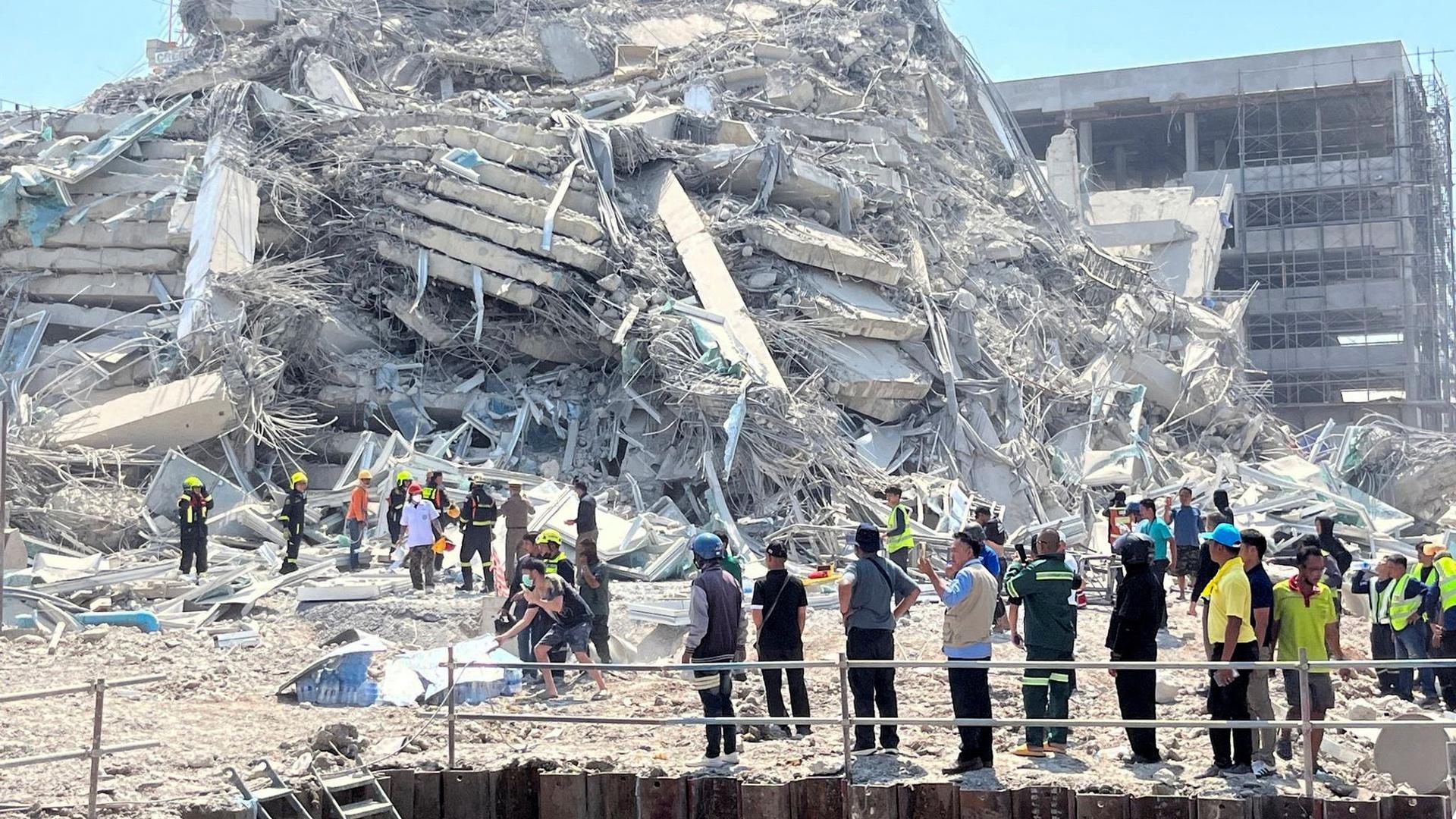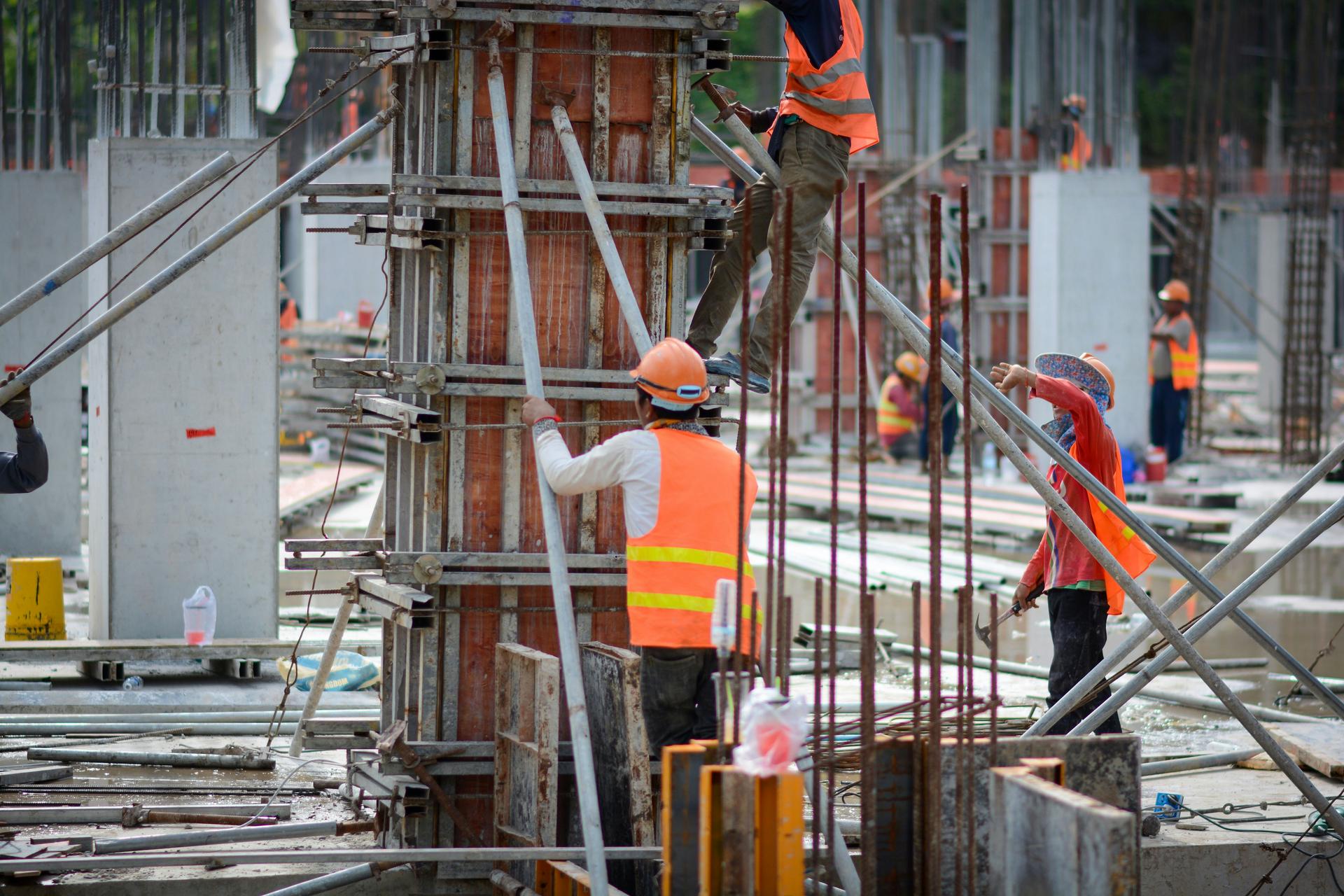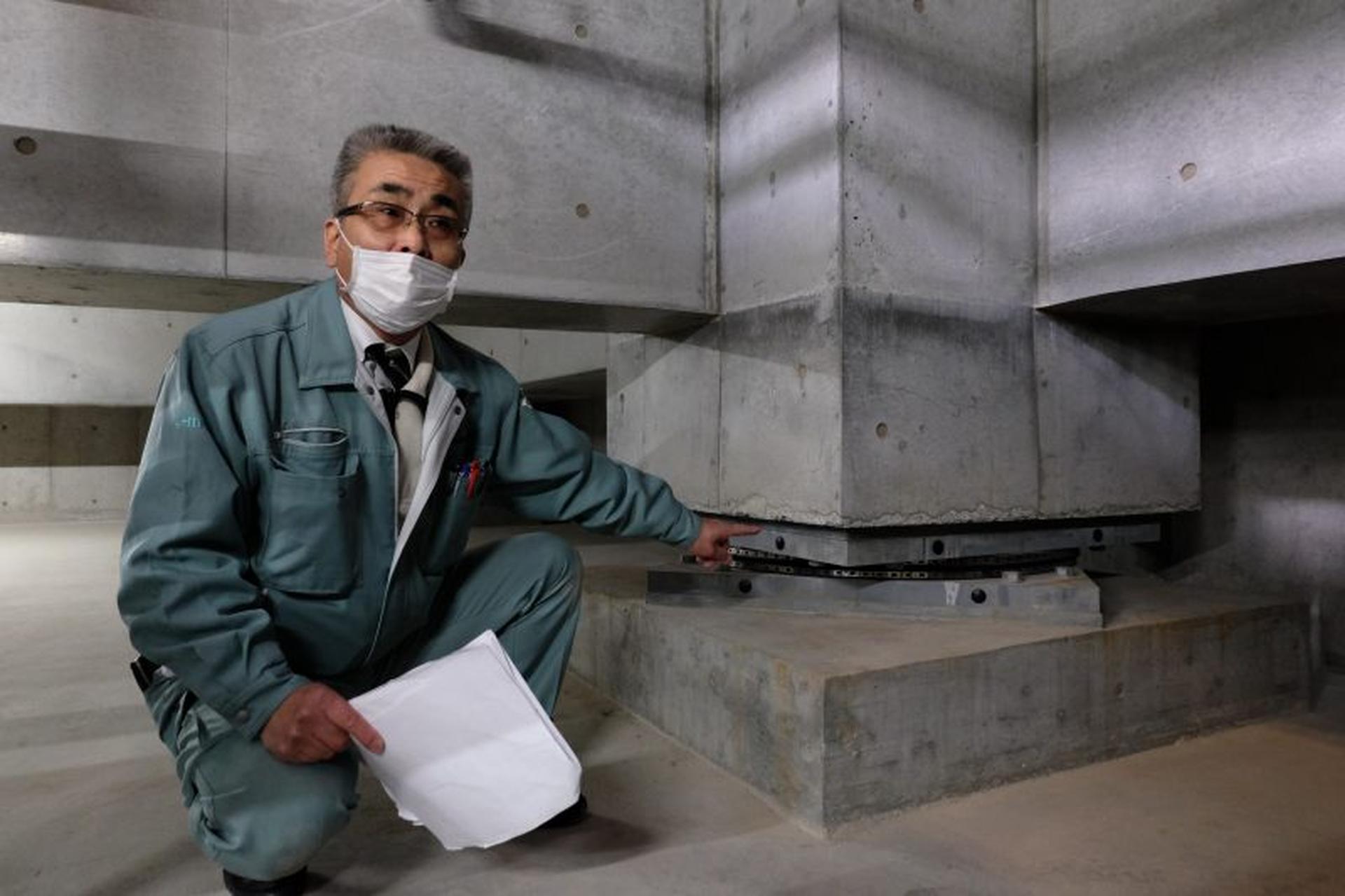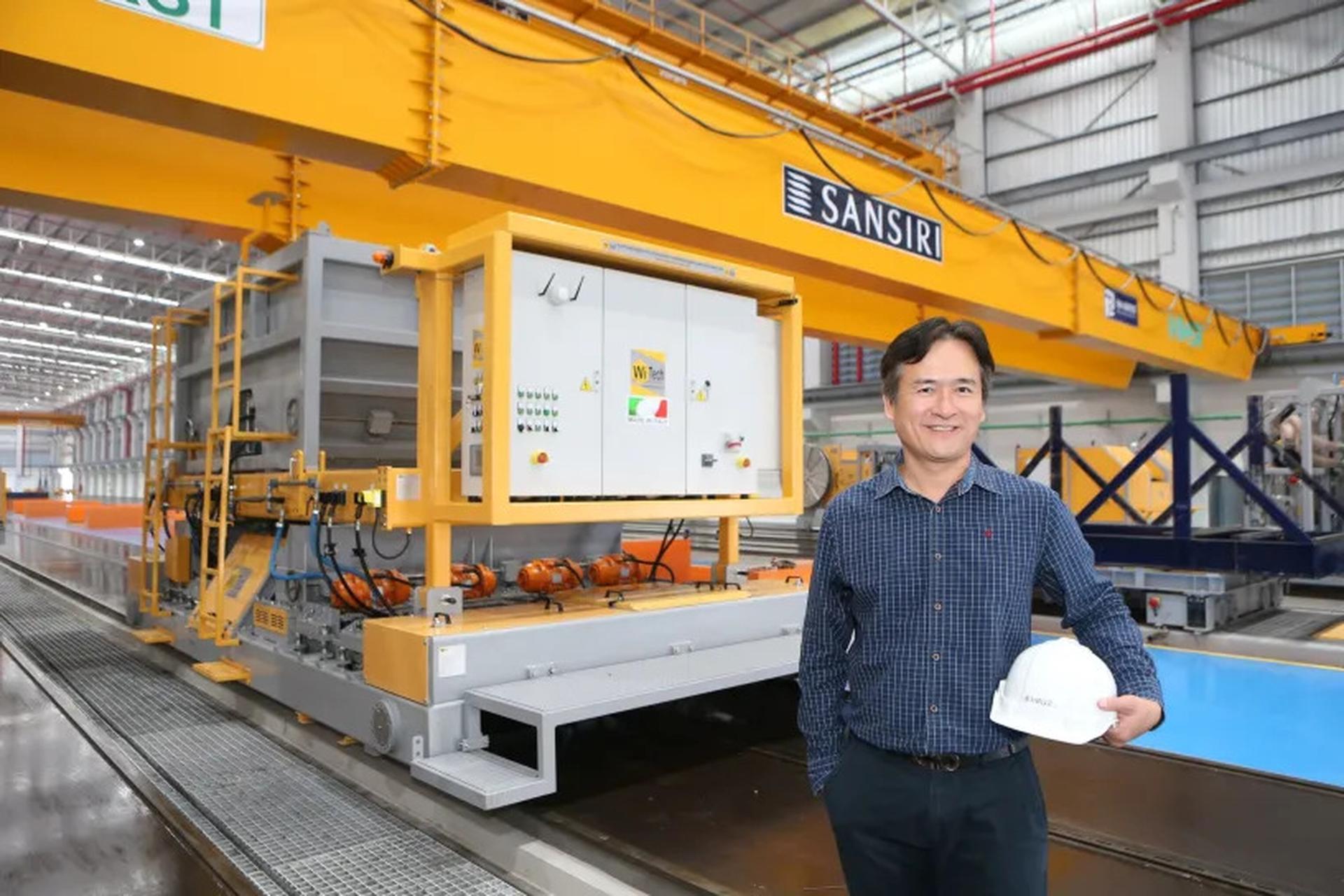How Property Developers Handle the Aftermath of Earthquakes in Thailand

When an earthquake occurs, the impact extends beyond visible damage. Residents look for reassurance of safety, regulators raise expectations for compliance, and property markets naturally adjust to new concerns.
In Thailand, the tremors of March 2025 shifted sentiment toward low-rise properties, which many viewed as secure and easier to evacuate. For developers, the challenge was to address resilience in both high-rise and low-rise projects, making sure that every type of property met the standards required to protect residents and provide reassurance in unexpected cases, including natural disasters like earthquakes.
This article examines how property developers manage the aftermath of earthquakes in Thailand, from urgent inspections and financial coordination to long-term safety practices that shape the confidence of both residents and investors.

Rapid Inspections and Repairs
After an earthquake, the first priority for developers is to assess the condition and stability of their buildings. Many work with teams of structural engineers to conduct urgent inspections, checking for cracks, foundation shifts, and structural weaknesses. These assessments determine whether residents can safely remain in their homes and whether repairs are immediately required.
Repairs often follow in stages, beginning with immediate fixes such as sealing cracks, reinforcing walls, or stabilizing stairwells, before advancing to more substantial reconstruction. By acting quickly and communicating the outcomes of these inspections, developers show their dedication not only to the physical condition of their projects but also to the peace of mind of the residents who live in them.
In Practice
AP (Thailand) Public Company Limited deployed teams of engineers and experts to conduct detailed inspections throughout the seven days following the earthquake. Their engineers examined all 82 projects developed by AP to ensure the structural safety of their residential buildings, with external specialists providing additional assessments afterward.

Coordinating Insurance Claims
Developers also assist residents with the financial consequences of earthquakes. They coordinate insurance claims by compiling inspection reports, providing photographic evidence, and confirming compliance with building codes. This guidance helps owners secure compensation more efficiently than if they attempted to handle the process alone.
These efforts highlight that financial recovery is just as important as structural repairs. By assisting with both, developers help residents move forward more quickly and reduce uncertainty in the wake of disruption.
In Practice
Origin Property Public Company partnered with four insurance providers to support condominium residents affected by the earthquake. The coverage addressed damage to decorative elements and other components of buildings, such as cracks and peeling walls. The partnership also allowed Origin to expedite coordination to help residents process claims more efficiently.

Adoption of Earthquake Resilience Techniques
Thai developers with Japanese joint venture partners have been able to draw on Japan’s long history of seismic experience. This expertise has translated into the use of reinforced concrete cores, stronger steel reinforcements, damping systems that reduce vibration during tremors, and retrofitting measures such as bracing weak joints or introducing flexible materials into existing structures. Alongside this, some developers have suggested that they will adopt more earthquake-safety techniques in upcoming projects, reflecting a longer-term focus on resilience.
Japanese consultants have also worked beside Thai developers and government agencies to provide training, inspection support, and safety reviews. These exchanges not only offer technical assistance but also signal a wider movement in Thailand’s property sector toward adopting more resilient construction practices.
In Practice
Sansiri Public Company Limited incorporates earthquake-resilient features into its developments, aiming to create structures that can better adapt to ground movement and reduce the risk of serious damage during seismic events.
The company has also invested in advanced materials such as green cement and precast concrete, which provide greater durability during seismic activity. To support this approach, Sansiri has expanded its own precast production facilities, allowing tighter quality control and improved resilience, while keeping homes affordable for residents.
Maintaining Confidence Through Service
Developers recognise that their role extends beyond construction. After earthquakes, many strengthen their relationships with residents by providing clear updates, arranging timely inspections, and carrying out repairs without delay. Consistent communication and reliable after-sales service help residents feel supported at a time when they are most vulnerable.
In Practice
AP (Thailand) Public Company Limited not only deployed teams to conduct inspections but also set up a 24-hour call center to assist residents in need of support.
Similarly, SC Asset Corporation Public Company Limited reassured residents by encouraging them to register for #CheckYourHome in the Ruejai application, which provided inspections and impact assessments of homes, clubhouses, and common areas by a team of engineers and experts.

A More Resilient Real Estate Market Ahead
Earthquakes, such as those Thailand experienced in March 2025, have shown that property developers must act decisively in the aftermath of natural disasters. By working with engineers for urgent inspections, assisting with insurance claims, adopting Japanese expertise, and keeping residents informed, developers reinforce both structural reliability and trust across all property types.
As practices continue to evolve, resilience and accountability are becoming as influential as location and design in guiding decisions. For buyers and investors, this shift means greater confidence in the long-term security of their properties.
We continuously monitor market developments and help our clients invest in reliable, thoroughly vetted properties. Contact us to learn more about projects that comply with the latest earthquake resilience standards.
